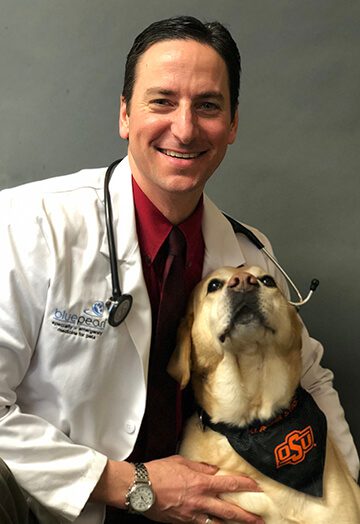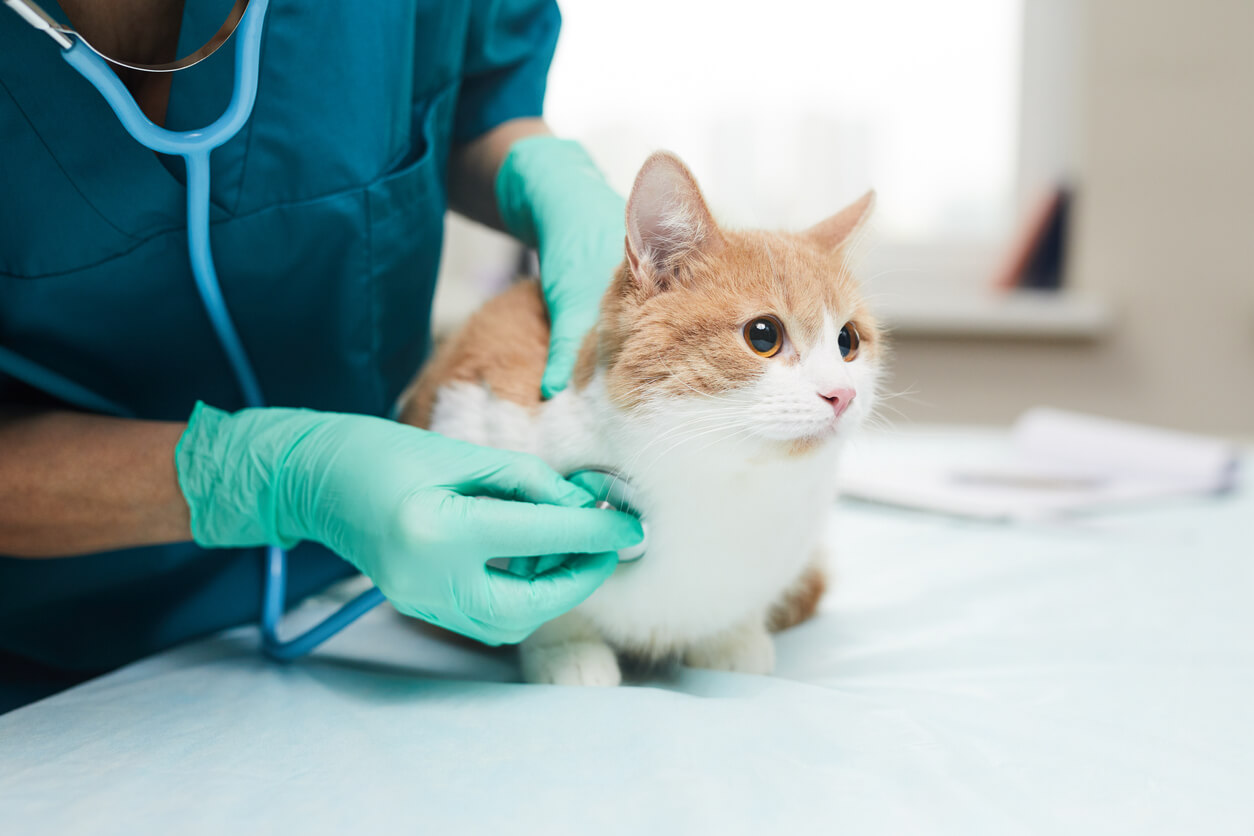Expert Tips for Pet Dog Nourishment From a Veterinarian
Understanding the nutritional needs of pets is vital for their overall health and durability (Animal Chiropractor Greensburg). With the wide range of pet food choices readily available, pet owners frequently discover themselves browsing a landscape raging with misinformation and myths.
Comprehending Nutritional Demands
Recognizing the nutritional needs of animals is essential to guaranteeing their general wellness and health. Much like humans, animals need a balanced diet plan that supplies necessary nutrients, consisting of healthy proteins, fats, carbs, vitamins, and minerals. These nutrients play crucial functions in various bodily functions, such as energy manufacturing, immune response, and tissue repair.
Proteins are vital for development, fixing, and upkeep of body tissues - Animal Chiropractor Greensburg. They are made up of amino acids, a few of which are necessary and have to be acquired from food. Fats offer a concentrated source of power and are vital for the absorption of fat-soluble vitamins. Carbs function as a primary energy resource and can support gastrointestinal wellness when they consist of fiber.
Nutrients are needed for metabolic processes and keeping general health. Each pet dog may have unique requirements based on variables such as age, breed, task level, and health and wellness standing. It is necessary to consult with a vet to identify the details dietary needs tailored to your family pet's specific needs, guaranteeing they get optimal nourishment throughout their life phases. Proper understanding and focus to these dietary components can dramatically contribute to a pet dog's longevity and lifestyle.

Choosing the Right Food
Picking the ideal food for family pets is a crucial element of meeting their nutritional needs. It is important to take into consideration aspects such as age, breed, size, and wellness standing when selecting an animal food. Puppies and kittycats need formulations that sustain growth and growth, while adult family pets need balanced diets that keep their health. Elderly animals might benefit from foods made to address age-related concerns, such as joint health or weight monitoring.
When reviewing animal food choices, seek products that satisfy the Organization of American Feed Control Officials (AAFCO) criteria, which ensure that the food offers total and well balanced nutrition. Components must be high-quality, with real meat as the main resource of healthy protein. Stay clear of foods with too much fillers, man-made ingredients, or byproducts, as these can diminish the overall nutritional value.
Consulting with a veterinarian can supply customized suggestions based upon your family pet's particular requirements. Furthermore, transitioning between foods must be done slowly to stay clear of stomach trouble. By taking these actions, family pet proprietors can ensure that they are providing their furry friends with the finest feasible nourishment for a satisfied and healthy and balanced life.
Usual Misconceptions Regarding Animal Food
Disproving mistaken beliefs surrounding pet food is crucial for ensuring optimum nourishment for our furry friends. One common misconception is that all grain-free diet plans are superior for pet dogs.

In addition, several pet dog proprietors think that "costs" or "all-natural" tags ensure better. These terms are often uncontrolled and do not always suggest remarkable dietary worth. It is crucial to inspect component lists and dietary accounts instead.
Unique Considerations for Various Types
When it pertains to pet nutrition, unique factors to consider must be considered for different types, as each type can have unique nutritional needs and level of sensitivities. As an example, big breeds such as Wonderful Danes and Saint Bernards are susceptible to Read Full Report bone and joint problems and might benefit from diets developed to sustain joint health and wellness, often featuring active ingredients like glucosamine and omega fatty acids. Conversely, little types like Chihuahuas might need greater calorie thickness to meet their power degrees, necessitating formulations that are rich in nutrients yet lower wholesale.
In addition, particular breeds might be predisposed to details health and wellness problems, such as food allergies or level of sensitivities. Breeds like Labrador Retrievers might battle with obesity, calling for mindful part control and a well balanced diet to maintain a healthy weight. On the other hand, types such as Dachshunds might be extra susceptible to back problems, triggering a demand for diets that advertise spine health and weight management.
Inevitably, comprehending these breed-specific dietary demands is essential for animal proprietors. Consulting with a veterinarian can assist in choosing one of the most appropriate diet plan customized to an individual pet dog's type, health and wellness, and age status, making certain optimal nourishment and well-being.
Relevance of Normal Veterinary Examinations
Understanding the special nutritional requirements of various breeds is just one facet of responsible family pet ownership; normal vet examinations play a crucial duty in preserving total wellness. These check-ups are important for very early detection of wellness problems, guaranteeing that any prospective troubles are attended to prior to they come to be major. Routine sees permit vets to check your pet dog's weight, dental wellness, and important signs, which you could try this out are crucial signs of overall wellness.
Moreover, routine check-ups allow veterinarians to offer customized dietary recommendations based on your animal's individual health and wellness status - Vet Mckinney. As pets age, their dietary needs might alter, and adjustments might be needed to stop excessive weight or nutrient shortages. Precautionary care, including inoculations and parasite control, is also a basic element of these gos to, safeguarding your animal from numerous conditions
In enhancement to physical exams, these appointments supply a superb chance for pet proprietors to review behavioral modifications or concerns about their pet's eating routines. By prioritizing normal veterinary check-ups, animal proprietors can guarantee a longer, healthier life for their hairy buddies, inevitably improving their top quality of life.
Conclusion
To conclude, making certain optimal family pet nourishment calls for an extensive understanding of specific nutritional demands, ideal food selection, and recognition of prevalent misconceptions. Special considerations for different types have to be represented, and routine veterinary examinations play a vital duty in keeping track of wellness and nutritional modifications. Sticking to AAFCO requirements and seeking advice from veterinarians before making dietary modifications will certainly enhance the wellness of pet dogs, eventually adding to their longevity and lifestyle.
With the plethora of animal food choices available, pet proprietors often locate themselves navigating a landscape raging with misinformation and misconceptions. Each pet dog may have unique demands based on variables such as age, breed, task level, and health standing. It is vital to consider variables such as age, dimension, health, and type status when choosing an animal food. Elderly pets may profit from foods designed to deal with age-related concerns, such as joint health or weight management.
Understanding the special dietary requirements of different types is just one facet of responsible pet dog possession; regular veterinary check-ups play an important duty in maintaining overall wellness.